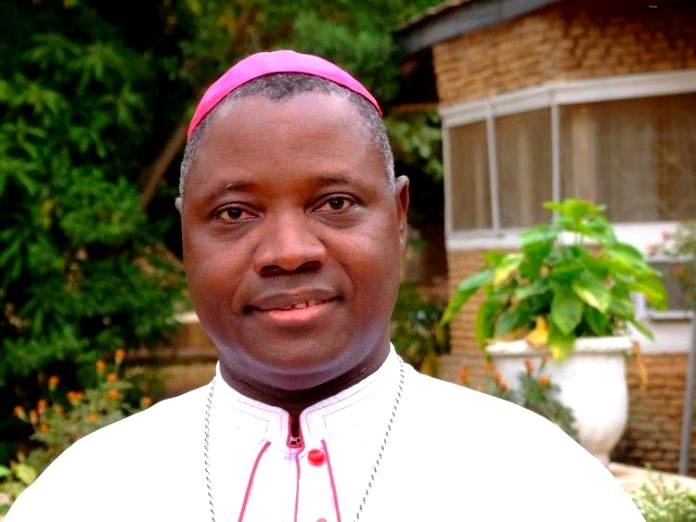#TrackNigeria: The Nigerian Army has said that the use of Artificial Intelligence (AI) and geospatial technology is fundamental in winning the fight against insurgency and related crimes in the country.
The Chief of Army Staff (COAS) Lt.-Gen Tukur Buratai, said this on Tuesday in Abuja at an Executive Breakfast Meeting with the theme: ‘Spatial and Artificial Intelligence as an Emerging Trend for Economic Growth.’
Buratai was represented by Col. Obinna Azuikpe, Acting Commander, Technical Intelligence Command, Nigeria Intelligence Corps.
Geospatial relates to data associated with a particular location, and geospatial technology refers to all of the technology used to acquire, manipulate and store geographic information.
The COAS said that the technology was being used by the Nigerian Army to monitor insurgency in the North East as well as banditry and kidnappings in the North West.
He said with the use of the technology, the army “has eyes in the sky” for monitoring enemy territories and it also helped in routing and patrol planning.
Buratai, however, said that the technology was not devoid of challenges which could affect the military’s planning and execution.
“The greatest challenge is the seeming lack of national GIS database where all special data integrated for use by the various ministries, departments and agencies of government.
“It is pertinent to observe that in Nigeria, different organisations have at some point collected both biometric and spatial data for various reasons.
“The inability to effectively integrate these data from these various establishments into a comprehensive database remains the major limiting factor for the effective use of GIS data across the nation,” he said.
Buratai called for the establishment of a national data centre to avoid unnecessary duplication of efforts across various agencies.
“GIS is all about data. The nation’s database in which the whole population data of our citizens can be made available to those who need them to improve operations and various establishments.
“We suggest that this can only be effective if a national policy for the integration of data is formulated and effectively implemented. This will reduce cost and unnecessary duplication of efforts across various agencies of the country.
“The establishment of a GIS centre in Nigeria will invariably provide a platform to harness the nation’s social and economic potentials for our national growth and development.”
The COAS also called for increased level of awareness on GIS by including it in the education curricula of schools at all levels.
“If we sensitise our younger ones on geospatial thinking, incorporate in our various training institutions curriculum of schools in GIS, even up to primary schools, we would be unlocking this barrier.
“So, the students can explore sustainability issues through spatial distribution, interaction and the likes and therefore, professionals with vast experience and skills would be available on the long run to indulge in other activities that we use GIS for,” he said.
The Statistician-General of the Federation, Mr Yemi Kale, explained that research has shown that AI and other new technologies could contribute about three billion dollars to the nation’s economy.
Kale, represented by his Technical Adviser, Mrs Lola Talabi-Oni, said the National Bureau of Statistics (NBS) was determined to use geospatial technology for accurate and reliable data in the country.
“In Nigeria, sectors such as mining, oil and gas, agriculture and forestry, engineering, construction, manufacturing, defence and security, health, media and entertainment stand to benefit from geospatial technologies.
“These sectors together make up the majority of Nigerian economy and they all stand to be transformed positively by the advent of artificial intelligence and geospacial technology.
“For the NBS, Geospatial technology is useful in the area of land use and reliable documentation of land resources.
“The development can fast-track the administration of important documentation such as Certificate of Occupation or the Calculation of Tenement Rate,’’ Kale said. (NAN)



